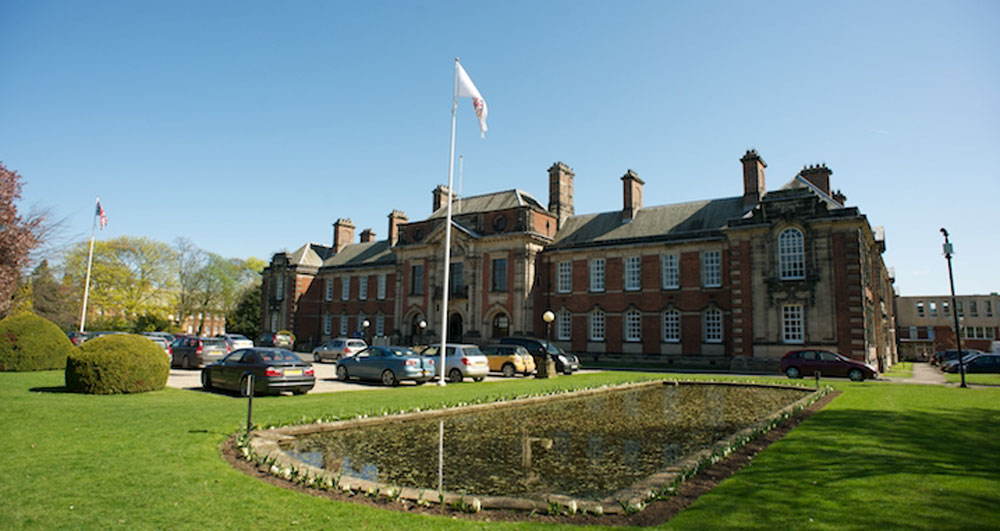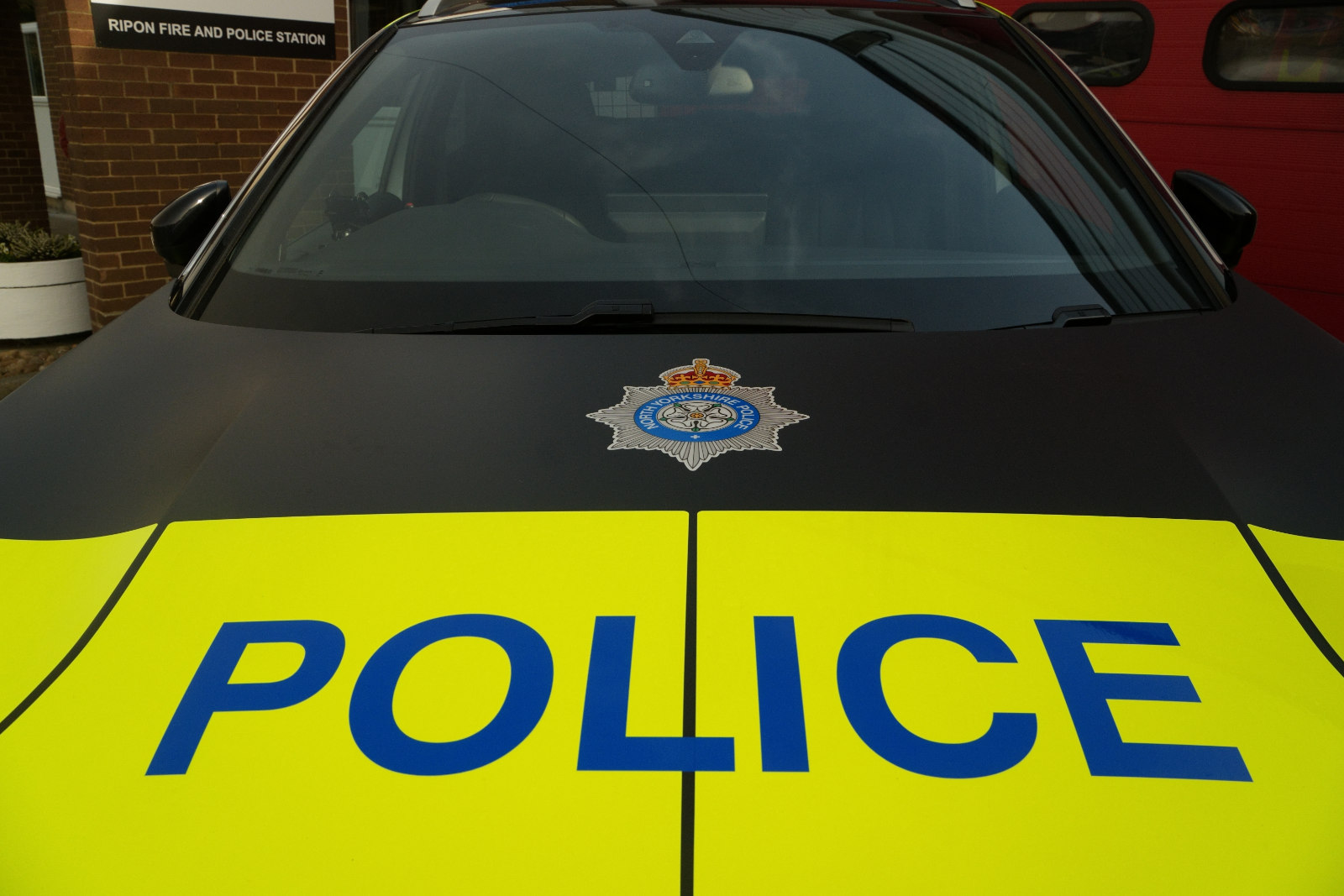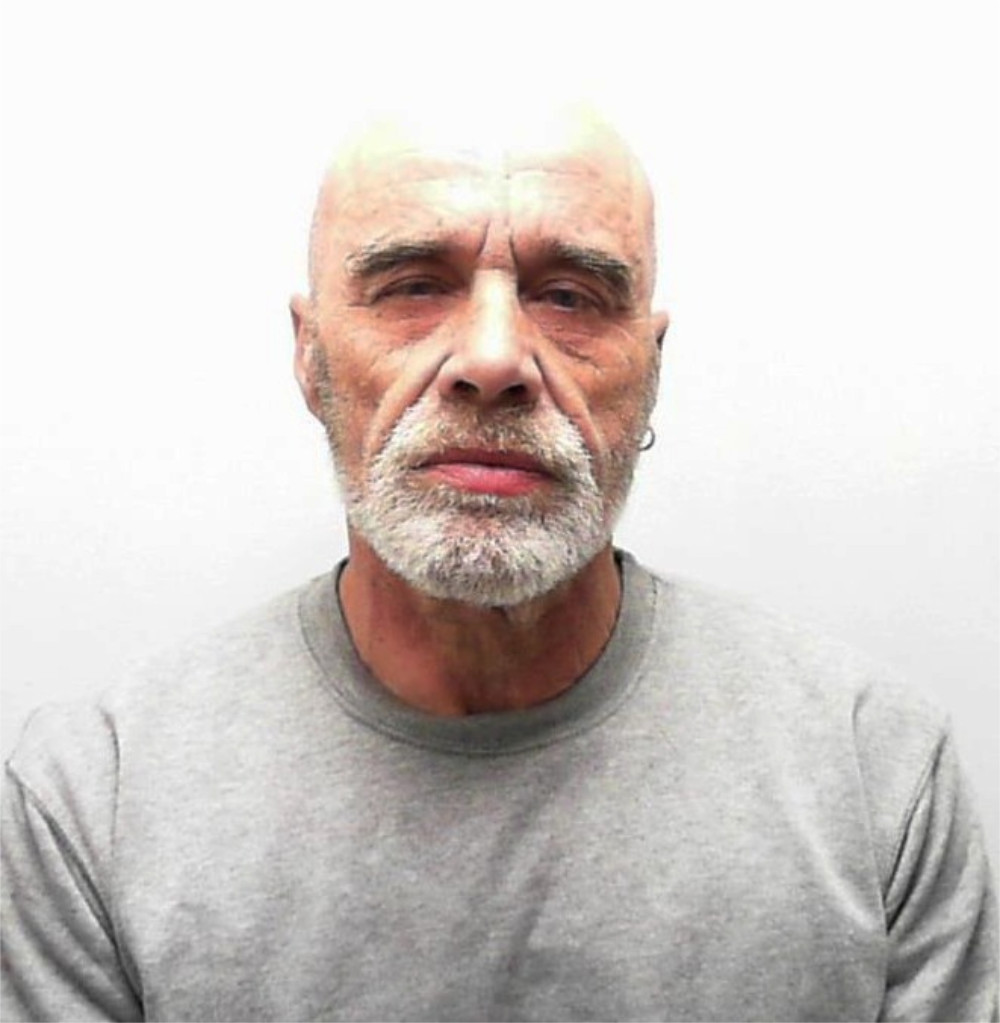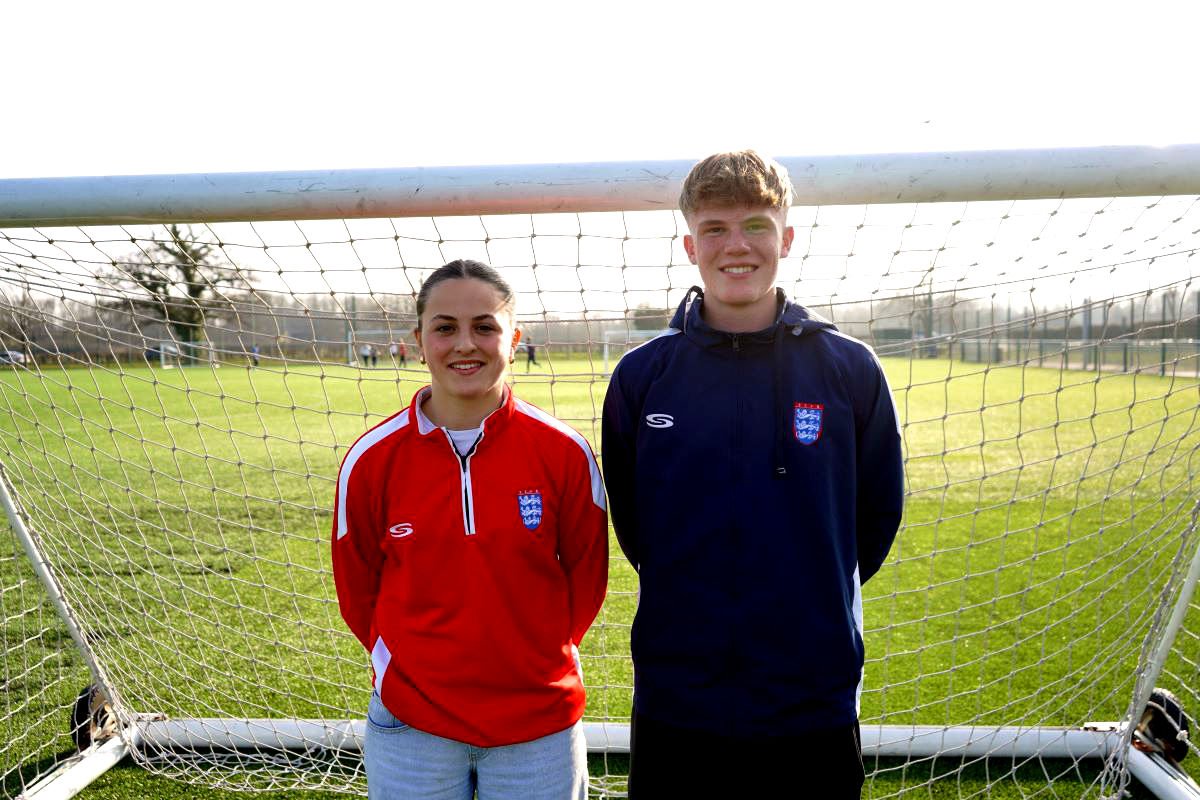North Yorkshire County Council is making urgent representations to Government about seeming unfairness in the local authority funding settlement for 2016/17. The settlement requires the council to make bigger than anticipated savings, sooner than expected.
Money has been redistributed from counties to metropolitan areas so that counties like North Yorkshire have seen a much bigger reduction in funding while metropolitan districts and inner London boroughs have seen smaller reductions than anticipated.
This change came without warning following the Government’s decision to redistribute funds according to authorities’ ability to raise funds from council tax. It leaves the County Council needing to find an additional £11m in savings in the coming financial year and a further £9m more than anticipated in 2017/18.
The Government has permitted local authorities to raise an additional two per cent in council tax this year specifically to protect adult social care services. However, because of the redistribution of Government funding, even with this two per cent North Yorkshire will have £2m less to spend in the coming year.
Even if it introduces a 3.99 per cent increase in council tax, the County Council needs to make savings of a further £82.5m by 2019/20 on top of the £91.1m made between 2011/12 and 2014/15, giving a total of £173.6m over the decade. This represents a reduction of about 34 per cent in the council’s spending power. Smaller council tax increases would mean bigger savings had to be found.
The County Council will make representations about the unfairness of the financial settlement as part of the Government’s consultation, which ends on 15 January. The council is also making its case to local MPs.
The County Council’s budget plans until the end of the decade have assumed a 1.99 per cent rise in council tax each year. Councillors will consider their council tax decision for the coming year in February.
County Councillor Carl Les, Leader of North Yorkshire County Council, said:
We understand and accept the need for austerity, and are proud of the way we have embraced change and taken a creative, problem-solving approach to service delivery. Over four years, we have already delivered more than £91m in savings, the majority of these from ‘back office’ operations, therefore minimising the impact on frontline services.
However, we are concerned at what we see as unfairness in the new distribution of Government funding for the coming year. This settlement leaves us with the immediate challenge of making more savings more quickly than expected in the short term – a very tough challenge indeed.
The settlement does not properly reflect need in North Yorkshire, where the sparse, rural nature of the county makes the cost of delivering services higher than in more condensed urban settings.
We would welcome the settlement being subjected to the rural proofing test recently announced by the Government.
Historically, Government funding has targeted areas of deprivation, which tend to be urban, providing more grant support there, meaning council tax rates in counties have needed to be higher to deliver similar services. However, North Yorkshire has areas of deprivation, just as inner city boroughs do.
A council tax payer of North Yorkshire will pay twice as much as one on the same banding in Westminster, for example, where the highest rate of council tax is less than the average band D rate in North Yorkshire. The average salary per head in Westminster is about £39,000 a year, compared to about £25,000 in North Yorkshire.
The average band D council tax in North Yorkshire is currently more than £1,400, varying slightly between districts, compared with £672 in Westminster.
Council tax rates in shire counties are historically higher than urban authorities, such as Westminster, because they receive less government grant support. The current average band D council tax rates for North Yorkshire districts are below.
These vary slightly within districts depending on the precept by parish and town councils. By comparison, the average rate in Westminster is £672.74
- Craven: £1,584.91
- Hambleton: £1,486.82
- Harrogate borough: £1,616.90
- Richmondshire: £1,598.74
- Ryedale: £1,574.06
- Scarborough borough: £1,609.97
- Selby district: £1,559.34
To meet the requirement for quicker, bigger savings, the County Council will need to consider taking money from its reserves to give it time to find the savings.
Cllr Les said:
The County Council prudently has about £33m in available reserves. However, we need to keep much of this sum available to respond to emergencies, such as the impact of flooding, as we are facing today.
We are likely to need to draw on reserves in the next two financial years, but once reserves are gone, they are gone.
The money will not be available for emergencies or to support our priority one-off investments such as additional money for road repairs or the expansion of superfast broadband or paying for Extra Care homes for older people. Moreover, the year-on-year savings requirement will still be there.
Reserves have also been vital in supporting projects such as tackling South Bay cliff erosion in Scarborough and a £4.5m investment in coastal flood defences at Sandsend. Additionally, the council will need to consider whether it needs to look to its reserves to help to deal with the impact of the recent floods over and above the welcome financial support promised by Government.







